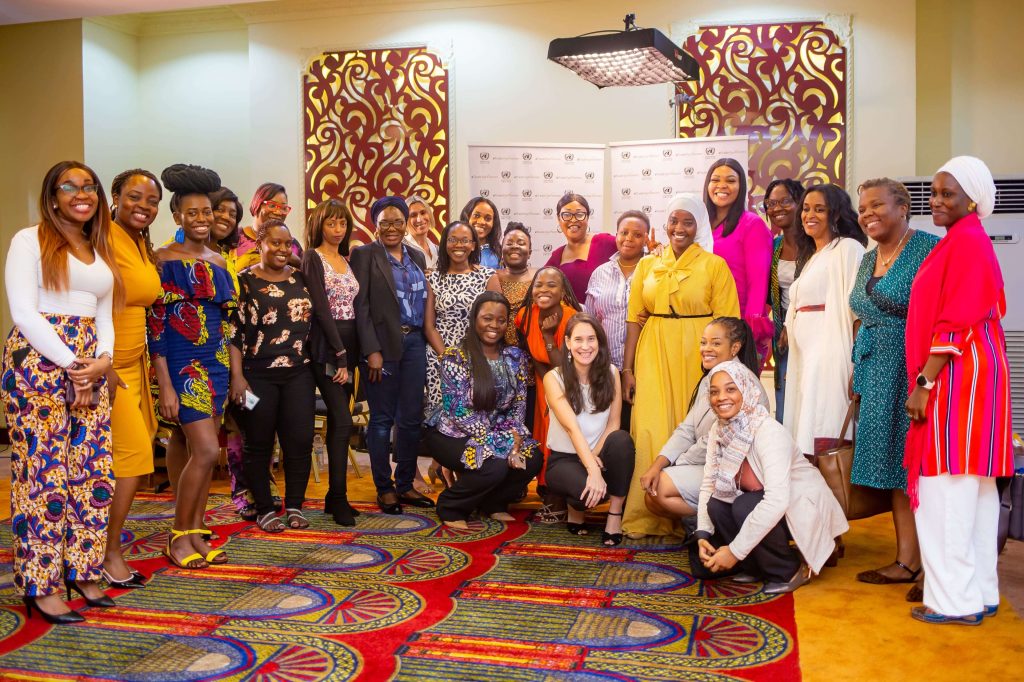Current Challenge
A Human-Centered Approach to understanding Kenya’s E-mobily landscape
Client
Copia Kenya
Category
Design Sprint Facilitation, Design Thinking Facilitation
Location
Kenya
Duration
1-week
The Research Goal
- How might we better understand user needs to help guide EV 2-wheeler providers to deliver contextual products and services for the Kenyan market?
- How might we increase the uptake of E-mobility solutions in the Kenyan automotive industry?
Project Brief
Copia Kenya has largely, in the past, taken the project-driven approach when it comes to developing offers in the market. The product team had been recently set up to spearhead product development efforts at Copia. With the goal of designing and delivering products that are desirable, viable, feasible and impactful, the product team was considering taking a product-driven approach that will integrate elements of design thinking/human-centered design, agile and lean development. To achieve this, there was a need to align the product team and the organization at large through a series of design thinking sprints, with the expert support of MIDEVA Labs.


Approach
To deliver this, MIDEVA Labs carried out a two-step approach, the intent call and a 2-day design thinking workshop.
We hosted a 90-minute intent call on 26th September with the product team and other decision makers with the goals of
- Understanding the workshop participants, their roles within Copia, their current work processes and challenges/barriers.
- Assessing participants’ understanding and familiarity with the Design Thinking process
- Refining sprint workshop goals and expectations based on the needs of the team.
During the intent call, we had a virtual working session where participants highlighted workshop expectations, current barriers to their work and what excites them in relation to their work.
Based on the insights and feedback shared, we designed the 2-day sprint that helped achieved the following goals and outcomes:
- Build collaboration, trust, understanding and teamwork for the product team
- Introduce human-centered design and have participants learn and practice design thinking mindsets, approaches and human-centered design principles.
- Have participants apply human-centered design in their work by mapping their current work process
- Have participants work together to design the current organizational product development process
- Have participants identify challenges, barriers and opportunities regarding the current product development process
- Have participants prioritize key issues, challenges, gaps and opportunities that can inform further exploration
- Have participants generate ideas for some of the identified barriers and challenges to inform further exploration.


Outcome and Impact
At the end of the 2-day Design Sprint, participants were able to understand each other’s current role and work process, challenges, frustrations, excitement, barriers and opportunities for improvement. This was mainly through a facilitated sharing session, where participants walked the group through their process map. Additionally, participants were able to visualize the current product development process at Copia, highlighting teams involved, challenges and suggestions to improve the process. The Design Sprint workshop concluded with some actionable steps and areas of further exploration.

Phase one Report
Related Case Studies
Design Sprint, Research, Facilitation, Prototyping
Design Thinking Facilitation, Course Design, Venture Design Support
Let’s Work Together
Whether you are looking to bring an idea to life or you are looking to implement a complex impactful project, or you are looking to infuse design and innovation in your work, processes, teams, and projects, or you are looking to design and implement programs and services for innovators, we are here for you.
- © 2025 Mideva Ventures | All Rights Reserved

